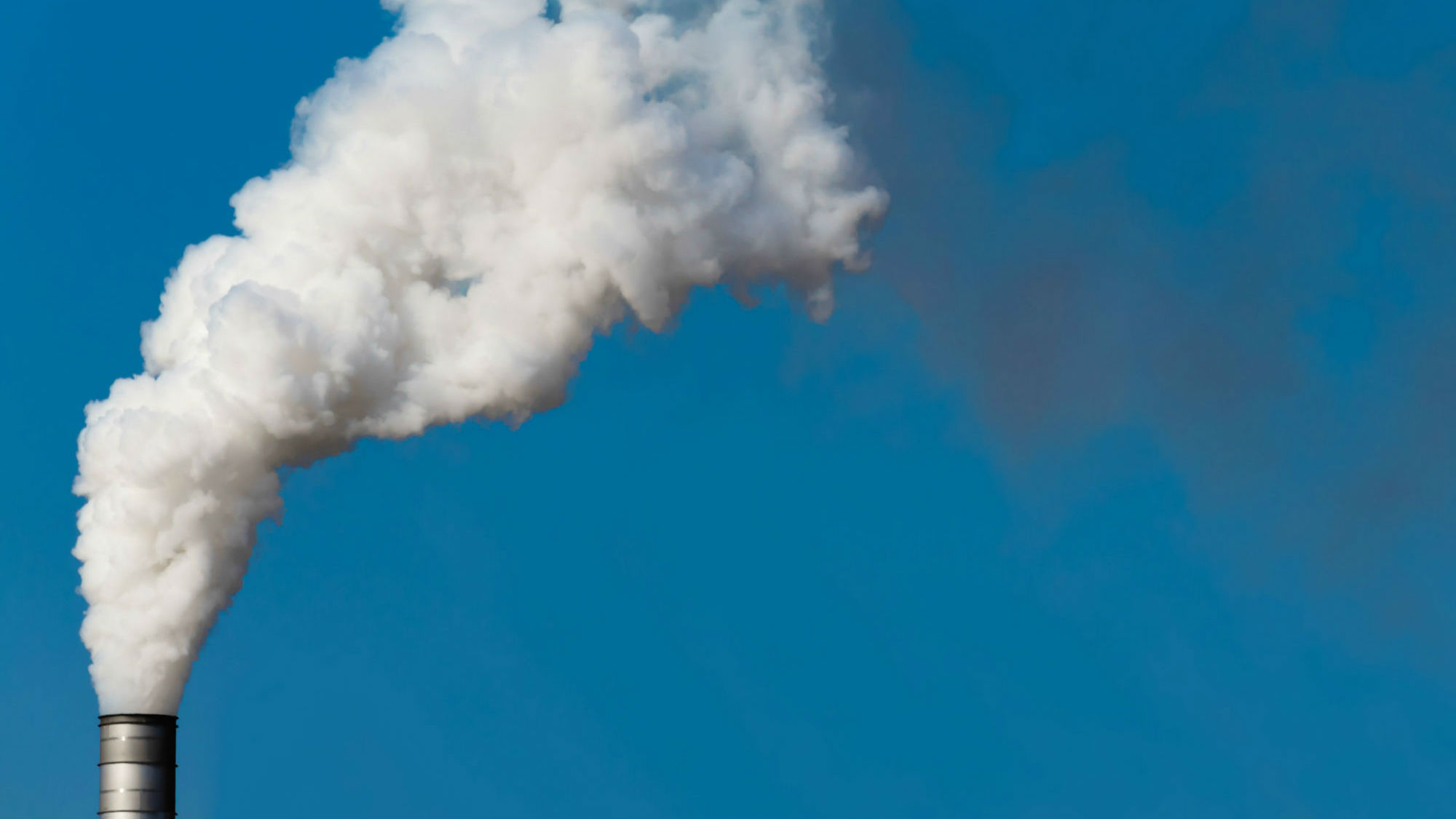Scientists warn air pollution 'makes us depressed and suicidal'
We all know air pollution is physically bad for our health - but research shows it harms our mental health too

We all know air pollution is physically bad for our health - but research shows it harms our mental health too
We have news, and it's not good. Scientists have revealed that air pollution increases the risk of depression and suicide.
When it comes to our health, there are plenty of things where we have a choice – what we eat, how much we exercise and whether we smoke or drink alcohol. Most of us, though, don’t have a choice about the air we breathe and the hidden toxins in our surroundings.
A cocktail of pollutants, including carbon monoxide, sulphur dioxide, nitrogen oxides and other chemical vapours, can originate from such things as traffic fumes to household products, and even scented candles.
And now, researchers have found exposure to small airborne pollutants - known as PM2.5 - are linked with a greater chance of depression. And breathing in slightly larger matter called PM10 was linked to increased risk of suicide.
According to a report by the World Health Organisation (WHO), 47 UK towns and cities exceed air pollution limits, including Manchester, Plymouth, London and Swansea. Surprisingly, even towns set in picturesque countryside, such as Chepstow in Monmouthshire and Royal Leamington Spa, have dirtier air than London.
Dr Isobel Braithwaite, of University College London, said: ‘We already know that air pollution is bad for health. Air pollution could be causing substantial harm to our mental health as well.’
Celebrity news, beauty, fashion advice, and fascinating features, delivered straight to your inbox!
World Health Organization (WHO) guidelines say PM2.5 should be kept under 10mcg per cubic metre but the average level in UK cities is 12.8mcg per cubic metre. Scientists said meeting the WHO limit could cut the risk of depression by 2.5 per cent.
Researchers said the suicide risk rose when PM10 levels were high for three days, with figures showing a two per cent increase in the risk for each 10mcg per cubic metre rise in pollution levels.
They cannot yet confirm whether air pollution directly causes mental ill health, but say there are ‘biologically plausible mechanisms that may underlie such a link’ including the fact that air pollution increases brain inflammation.
Olivia – who rebranded as Liv a few years ago – is a freelance digital writer at Marie Claire UK. She recently swapped guaranteed sunshine and a tax-free salary in Dubai for London’s constant cloud and overpriced public transport. During her time in the Middle East, Olivia worked for international titles including Cosmopolitan, HELLO! and Grazia. She transitioned from celebrity weekly magazine new! in London, where she worked as the publication’s Fitness & Food editor. Unsurprisingly, she likes fitness and food, and also enjoys hoarding beauty products and recycling.